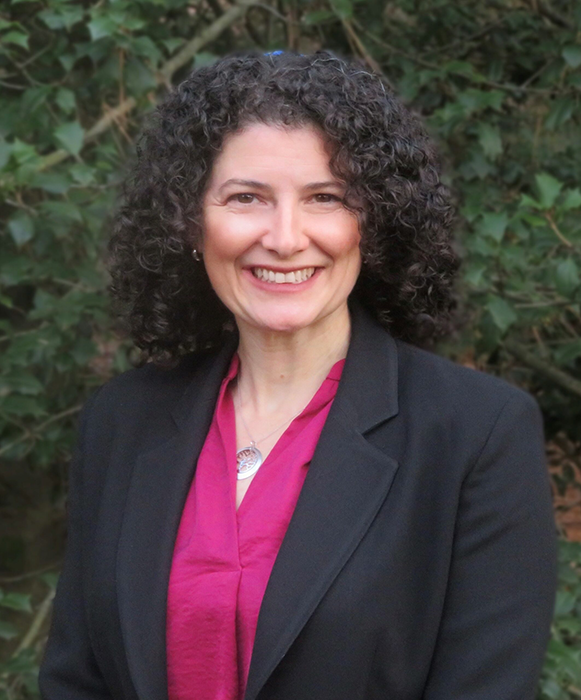There is a story about a school that was known to be the best in the country. When someone asked the head of the school to show them around the classes, the principal agreed. At the first class, the head of the school called to a child and said, "See that child, this one is my bat yachid, my special one." In the next class, they pointed to another and said, "See that child - that one is my ben yachid, my special one." In the third class, they pointed out more students and said, "Those, those are my b'nai yachid, my special ones."
"I do not understand," said the visitor. "Are these your children?"
"They are not my biological children," said the head of the school, "they are my special ones. Each child in this school is my special child, each child is the favorite child."
What would it be like if each one of us felt like we were the most special person in our school, our work, our synagogue, our family? How might we act differently if we felt secure in our love and our sense of belonging?
There is a sense of joy, pride, and affirmation when someone chooses to notice you above others. There is also a sense of embarrassment, discomfort, and guilt if you know that others are aware of the inequitable treatment. The power of favoritism is deep and profound, with long-lasting effects.
This week, we see Jacob, Rebecca's favorite child, pursuing Rachel in marriage. Jacob marries Leah, her sister, because their father plays a trick on him. Jacob is eventually allowed to marry Rachel, his intended bride. But this creates a situation with two wives where one is favored and the other not. In the coming chapters, Leah, Rachel and their handmaids bear 13 children. Jacob favors Joseph, the son of his favored wife. In each of the family relationships in Genesis, we see the effects of favoritism. Fights between siblings and spouses are part of generational conflicts that only end with the transition from the narrative of Genesis to the narrative of Exodus.
What changes in Exodus and the rest of Torah? Why do we no longer read about painful favoritism? The story in Exodus is not about one person being the favorite. There, the focus is on the People of Israel. We all become God's favorite. God no longer singles out one special one; all of us are b'nai yachid, the special ones. Each one of us can be blessed by God and continue to build the Jewish people.
The Torah portion this week shows the effects of choosing one person over another. In the story about the exceptional school, caring for each child as if they were the favorite led to the success of the school. As a rabbi educator, I know that investing in every member of the community and ensuring they know they are valued contributes to our ability to thrive and grow.
As you think about the power of favoritism consider:
- Where do I show favoritism or bias for one person over another? How can I take note of those feelings and decrease their effects?
- Where might I be participating in or advancing in-group bias or how can I help others in my community see when they might unintentionally be displaying favoritism towards an individual because of their identity?
- How can I lift up those that may not have felt me notice them or care for them?
- How can I ensure that every person in my orbit feels that they are "b'nai yachid" or special ones?
May each of us see our power to change the narrative and treat everyone as our favorite
Explore Jewish Life and Get Inspired
Subscribe for Emails

